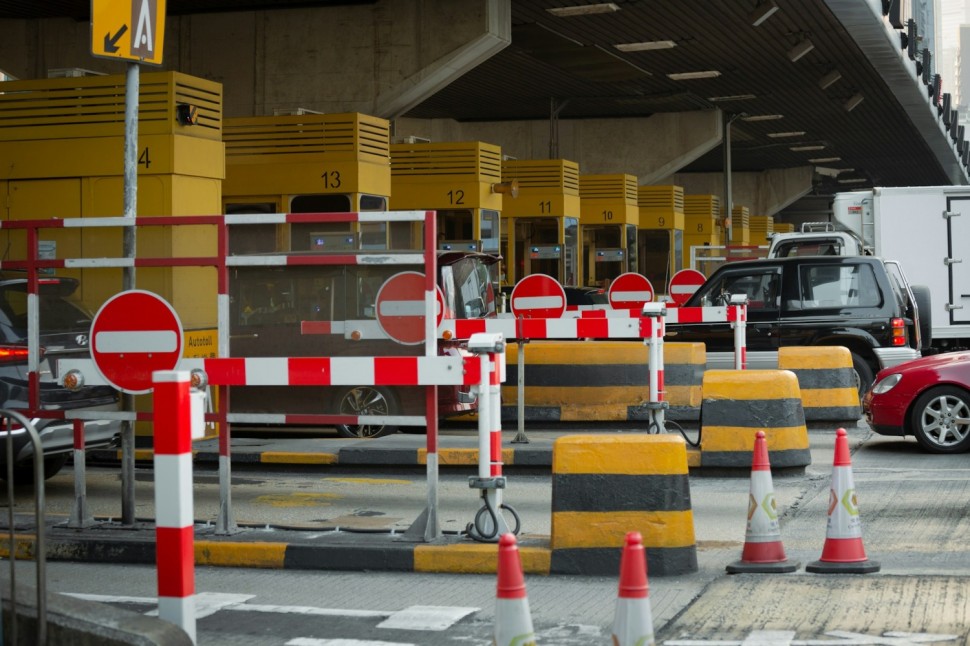NYC Congestion Pricing Faces Lawmaker Opposition
Lawmakers in New York City have launched a final bid to prevent the planned Manhattan congestion pricing from taking effect. The plan, scheduled to commence in mid-June, proposes an additional and controversial toll for cars entering Manhattan at 61st Street and below.

Understanding the Congestion Plan
Under the congestion pricing plan, cars will face a charge of $15, while larger vehicles like trucks could incur a cost ranging between $24 and $36, depending on their size. The Metropolitan Transportation Authority (MTA) gave fervent approval to the concept in December, forecasting it could fill the authority's coffers with millions of dollars aimed at the dire need to overhaul the aging transit system. The unanimously approved plan is set to go into effect in June this year, although it's subject to legal challenge.
Lawmaker Opposition
Among those opposing the tolling plan, Michael Tannousis, a New York State Assemblyman from Staten Island, has called on his Albany cohorts to rally against the imposed charges. Tannousis and other Republicans anticipate an unspoken resistance among Democrats as the plan implementation date draws nearer. Resistance to the plan is grounded in skepticism that the new tolls would cover the costs promised by the MTA.
Defiant MTA
Despite the opposition, the MTA is confident about the projected $15 billion in revenue anticipated from congestion pricing. The authority claims that such funds would revamp the subway station and provide much-needed installations like elevators. Rich Davey, NYC Transit President, explains how the plan will benefit the residents of Hell's Kitchen, which is plagued by daily traffic congestion.
On Monday, MTA also debuted new electric vans designated for riders with disabilities to combat the longtime issue of traffic-related delays. They maintain that future improvements to the transit system depend on the success of congestion pricing.
Inside the Congestion Plan
Initially approved in December last year, the plan received clearance from the MTA board once again in March. This 'rubber stamp' of sorts was more for clarifying certain aspects, including exemptions, as the plan was already approved. All equipment, including 108 toll readers, are installed and ready to roll out, indicating the MTA can start collecting fees as soon as June 15.
Impending congestion pricing has instated exemptions for a select few groups. Certain government vehicles, yellow school buses with a DOE contract, and city-owned vehicles are among the exempted groups from the new toll. Taxis and ride-sharing drivers, however, will not be exempted and will face a surcharge of $1.25 per ride for taxis and a $2.50 surcharge for Uber, Lyft, and other rideshare drivers.
As uncertainty looms over New York City streets, we wait to see if the opposition's last-ditch effort will halt the new $15 congestion pricing plan or if the MTA will prevail in pursuing the promised funding for the transit system overhaul.




